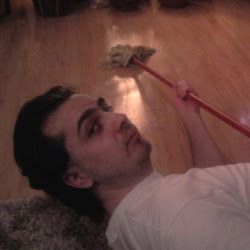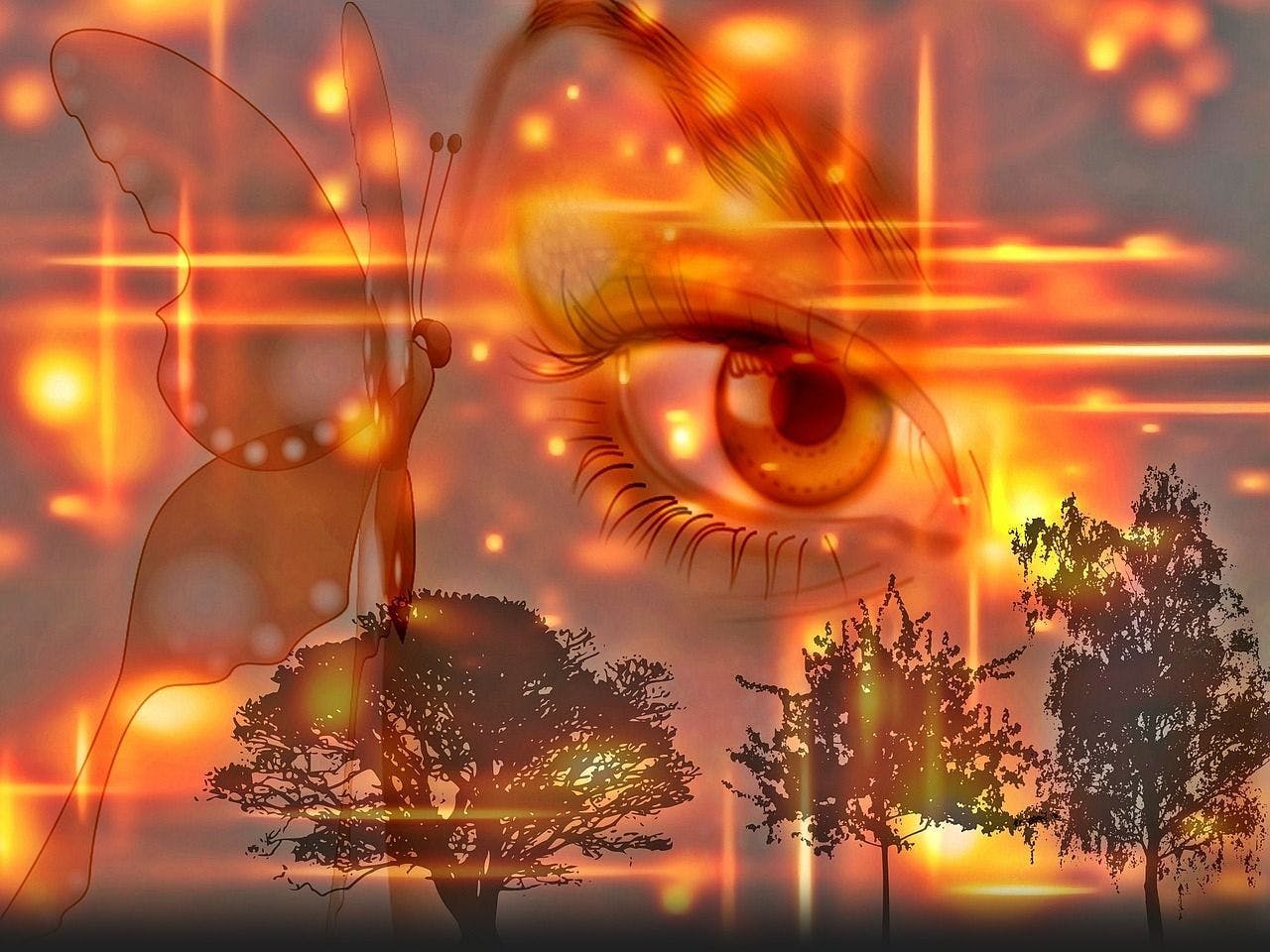849 reads
How to Change the World?! Pocket Guide for People With a Messiah Complex
by
October 28th, 2022
Audio Presented by
About Author
Developer, Tech Writer, my GitHub profile: https://github.com/TheBojda
Comments
TOPICS
Related Stories
Diffusion Matters
Jul 25, 2017

